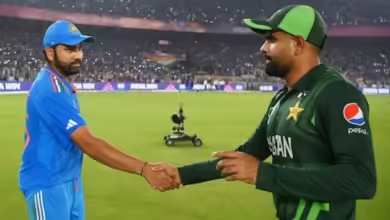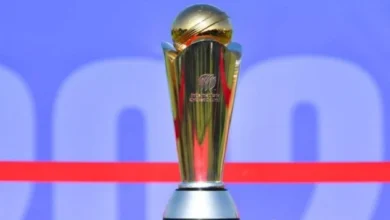Pat Cummins became the Test captain of Australia, after 65 years a fast bowler got this responsibility

Australia’s New Captain: Cricket Australia has appointed fast bowler Pat Cummins as the new captain of its Test team. Pat is the first fast bowler in 65-year history to be given the captaincy of Australia in Test matches. Before him, in the year 1956, fast bowler Ray Lindwell was selected as the captain of a Test match for the tour of India.
Pat Cummins is currently at the top of the ICC Test Bowling Rankings. 28-year-old Cummins has played 34 Test matches so far and has taken 164 wickets. He is the 10th fastest bowler to take 150 wickets in Test cricket. On 17 November 2011, he made his Test debut against South Africa at the age of just 18. Recently, Tim Paine had decided to step down from the captaincy of the Test team over an old sex chat case. Since then, the name of Pat Cummins was running in the forefront of the captaincy. Pat Cummins is the 47th captain of Australia.
Steve Smith appointed vice-captain
Steve Smith, who has previously captained the Australia team, has been made the vice-captain of the team this time. In the year 2018, Australia Test team captain Steve Smith was removed from the post of captain after the ball-tampering controversy on the tour of South Africa.
Pat’s first challenge: Ashes series
The first Test of the Ashes series will start from December 8. In such a situation, Pat Cummins does not have much time left to mold himself for the leadership of the team. On his shoulders will be the responsibility of captaincy along with the bowling attack of the team.
Read also..
IND vs NZ 1st Test: Shreyas Iyer’s debut, know which 3 players have scored the most runs in the debut test
IND vs NZ: Dravid is the highest run-scorer in Test cricket against New Zealand, these players are included in the top-5
,





